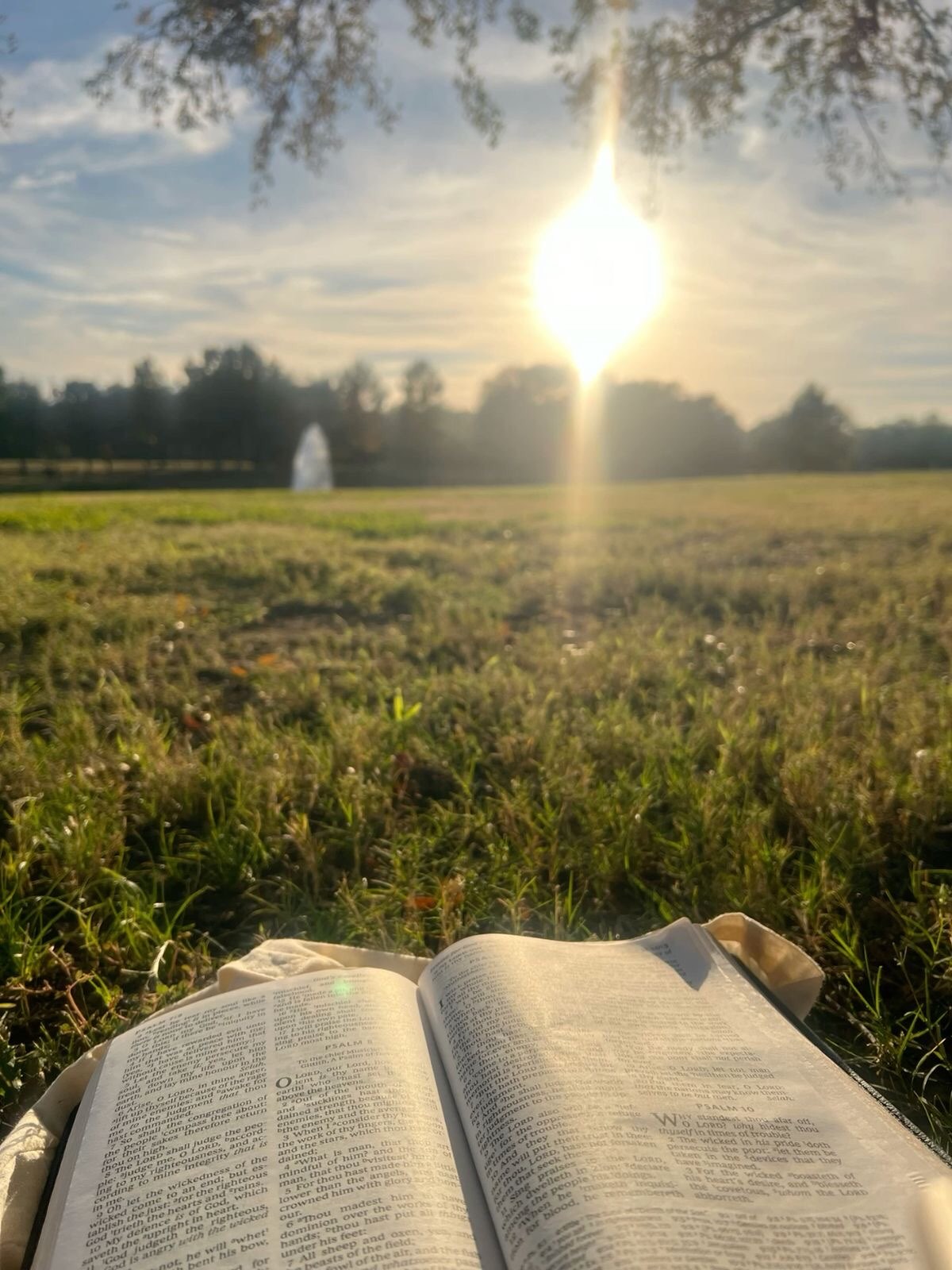Some Islamic scholars question the authenticity of parts of the Torah, especially the story of Hagar and Ishmael. They argue that Genesis 21, verse 9 to 10, might have been added later, as Islamic tradition states this event occurred before Isaac's birth, depicting Ishmael as an infant, unlike the Torah's portrayal of him as older and mocking Isaac.
Additionally, the identities of the intended sacrifice differ: the Quran claims it was Ishmael, while the Bible states it was Isaac. This inconsistency leads some scholars to challenge Genesis 22, verse 2, where Isaac is called Abraham's "only son," since Ishmael was his firstborn for fourteen years.
In Islamic tradition, Ishmael is significant, especially in relation to the Prophet Muhammad's lineage, and is seen as more important in the Abrahamic covenant, while Isaac is linked to the Sinai covenant.
In summary, the Islamic view raises doubts about certain Torah passages, suggesting timeline alterations in Genesis 21 and identifying Ishmael as the son in Genesis 22, verse 2, instead of Isaac.

